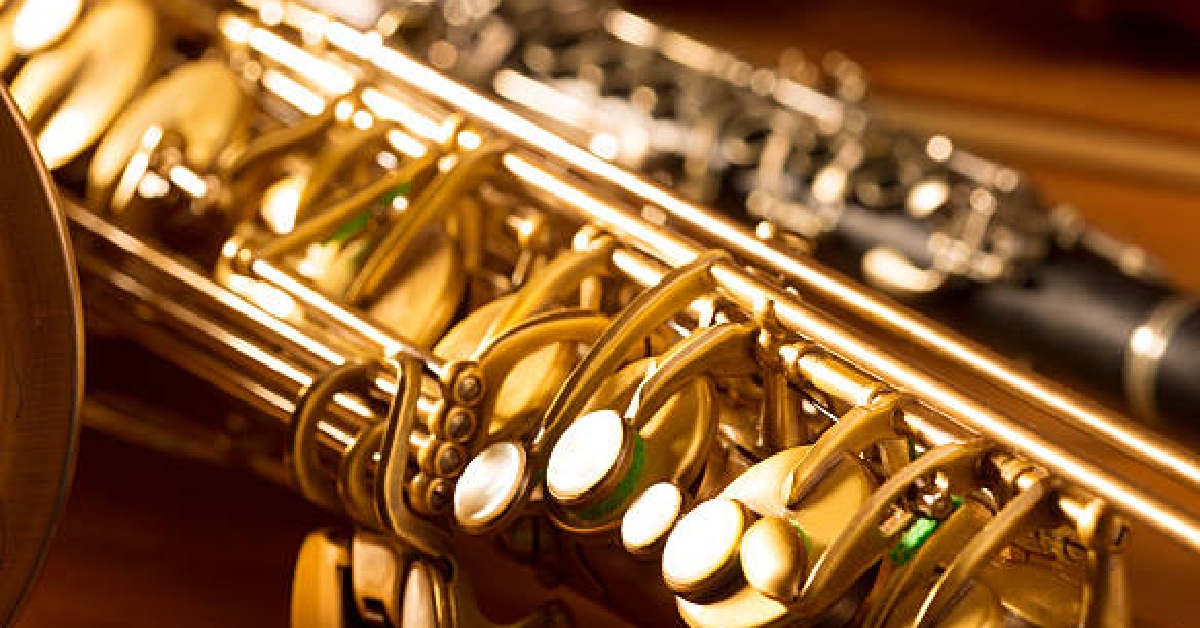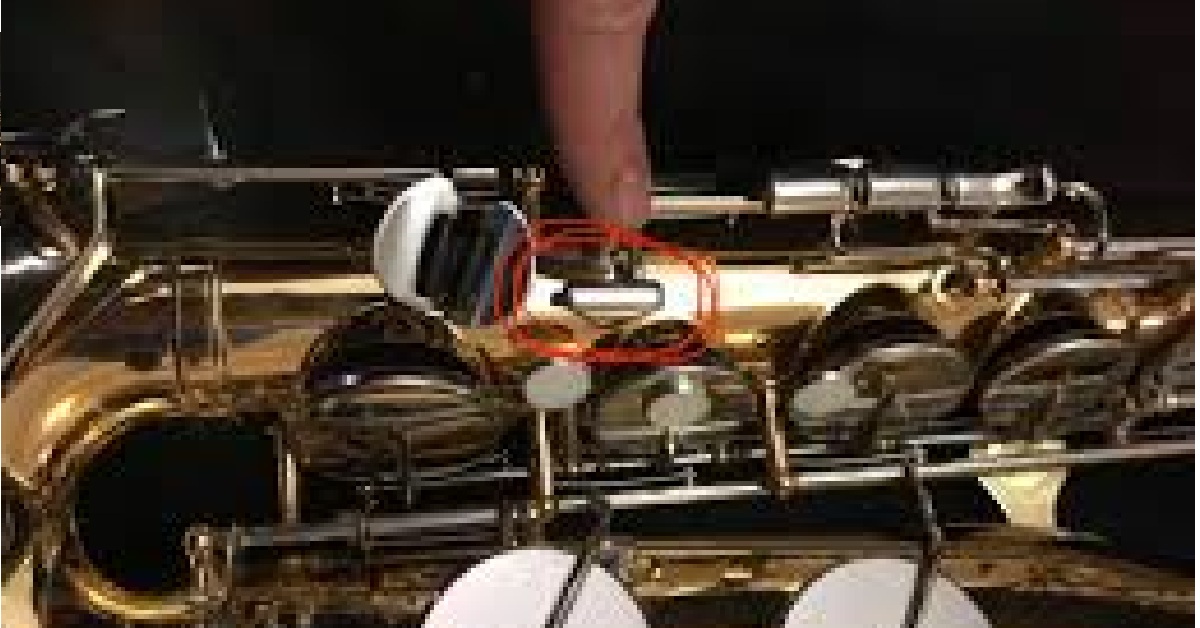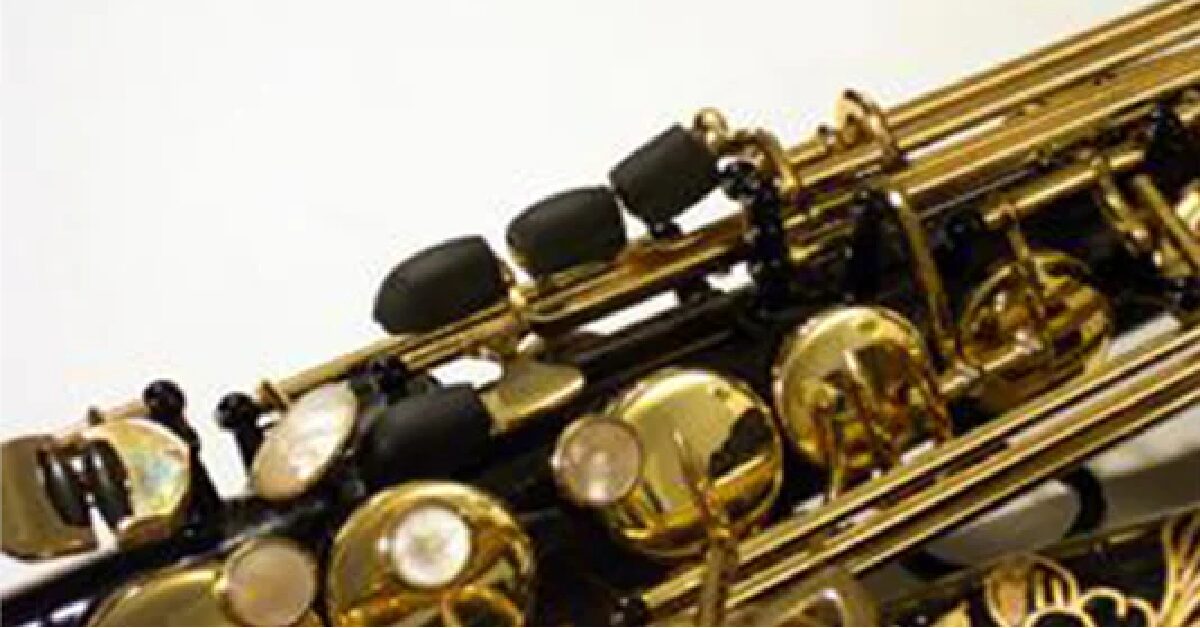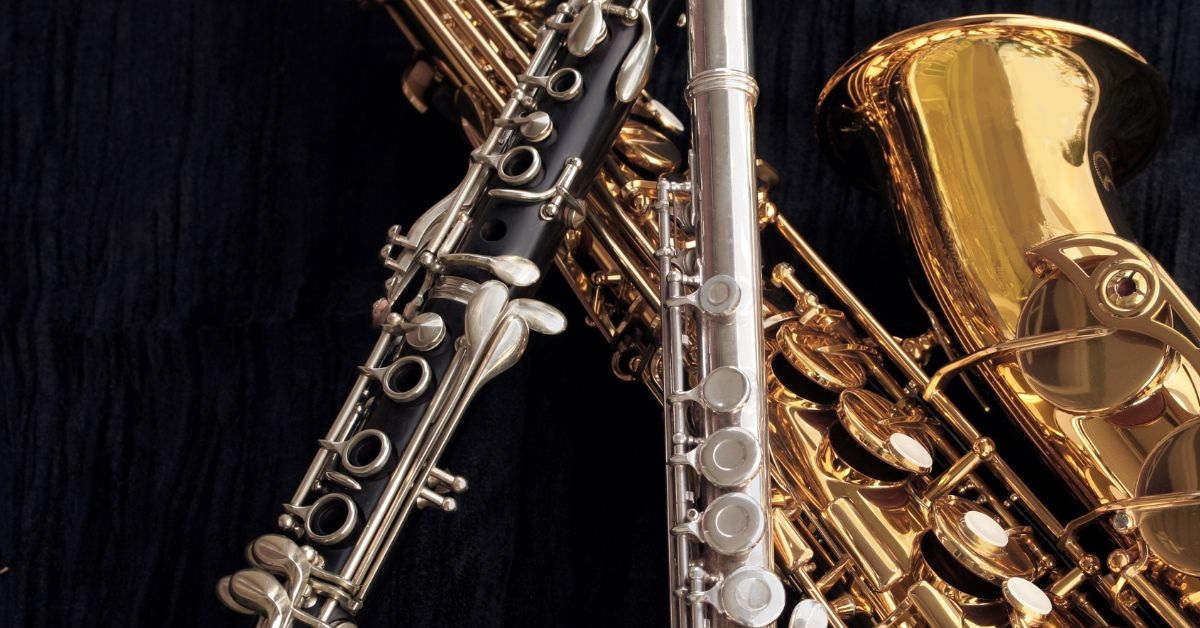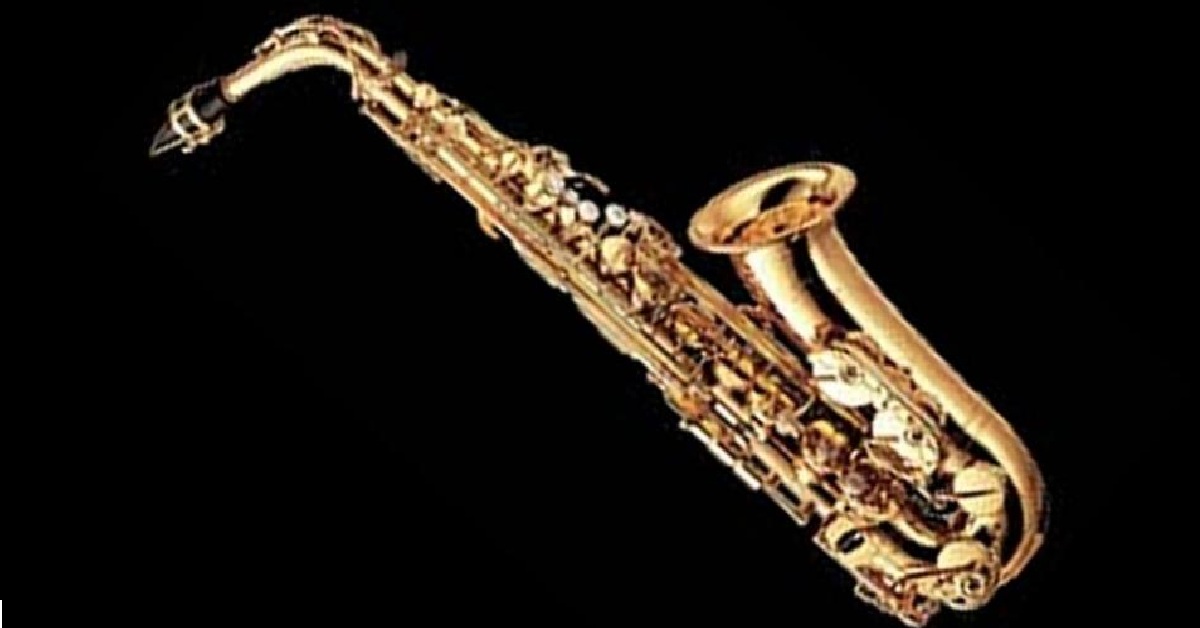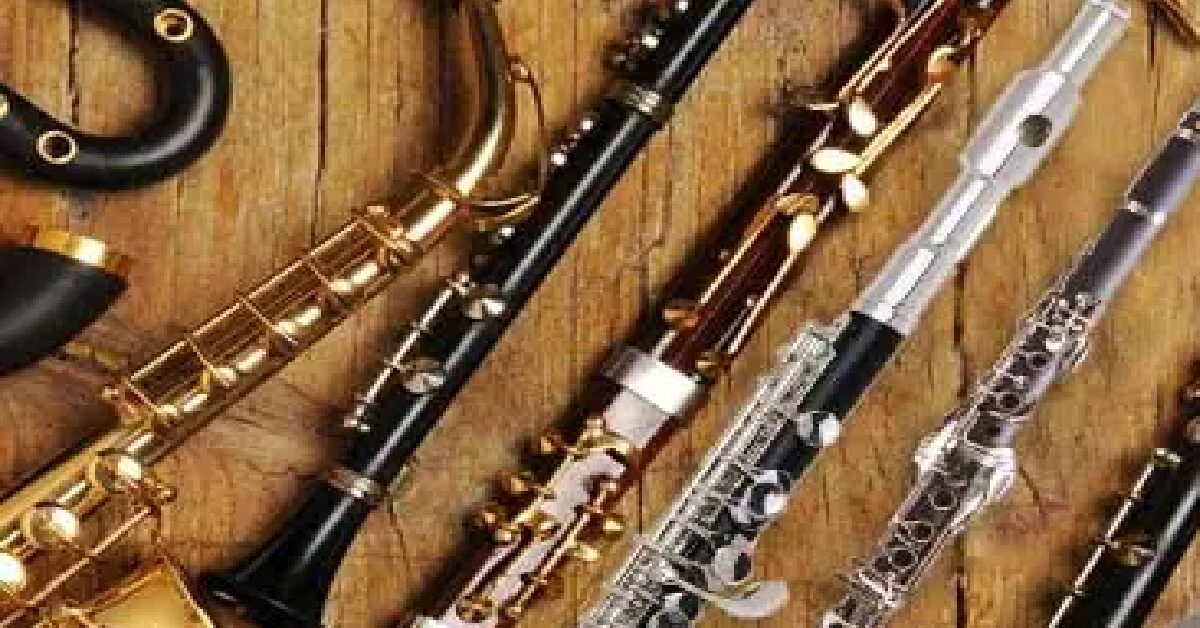Alter Ego — AKA Barry Sachs
Converting Tuba Parts for Bari Sax: A Practical Guide for Band Directors Who This technique is for band directors in middle school or high school programs who need to quickly adapt existing tuba parts for a bari sax player. It’s especially useful when a new bari sax student joins late, when marching band parts don’t […]
Alter Ego — AKA Barry Sachs Read Post »


